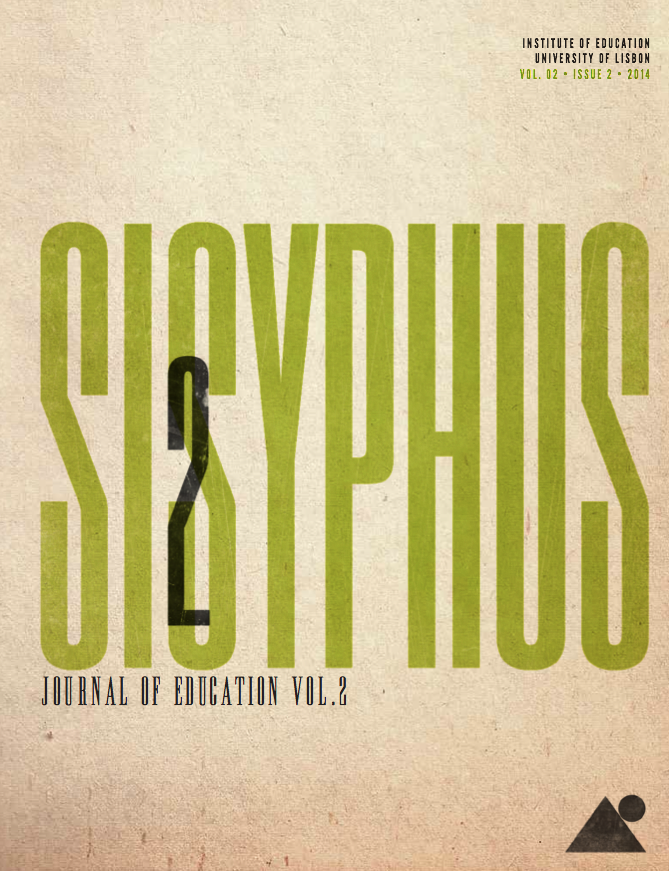Heterogeneity – Challenge and/or Opportunity in Science Education?
DOI:
https://doi.org/10.25749/sis.4065Palavras-chave:
Heterogeneity, Language, Challenges, OpportunitiesResumo
The following paper focuses on a field of science research which has not yet been thoroughly researched in many countries: mixed languages in the science classroom. This area represents terra incognita in many areas of science education research. First, this paper will define the term heterogeneity and contrast it with the term diversity. According to the literature, one word stands for challenges, while the other highlights the opportunities arising from heterogeneity in science classrooms. The focus here will be on students’ linguistic heterogeneity in science. The main part of this paper discusses a collaborative research and development project carried out by in-service science teachers, teachers of German as a Second Language (GSL), and science educators. The project was developed under the framework of Participatory Action Research in science education. It focuses on the development of teaching modules for early lower secondary science (grades 5 to 7, ages 10-13) on different topics, including matter and its properties and water. The teaching modules consequently implement learning content and language as envisioned in the Content and Language Integrated Learning (CLIL) approach. After focusing on linguistic heterogeneity and various means for dealing with it, the question of whether such heterogeneity in science classes represents a challenge and/or an opportunity will be raised and discussed.
Downloads
Downloads
Publicado
Edição
Secção
Licença
O Copyright (c) pertence à Sisyphus – Journal of Education. No entanto, encorajamos que os artigos publicados na revista sejam publicados noutros lugares, desde que seja solicitada a autorização da Sisyphus e os autores integrem a nossa citação de fonte original e um link para o nosso site.
Política de auto-arquivo
É permitido aos autores o auto-arquivo da versão final publicada dos seus artigos em repositórios institucionais, temáticos ou páginas web pessoais e institucionais.
Subscritor DORA
O Instituto de Educação da Universidade de Lisboa, editor da Sisyphus, é um dos subscritores da Declaração de São Francisco sobre Avaliação da Investigação (DORA).





